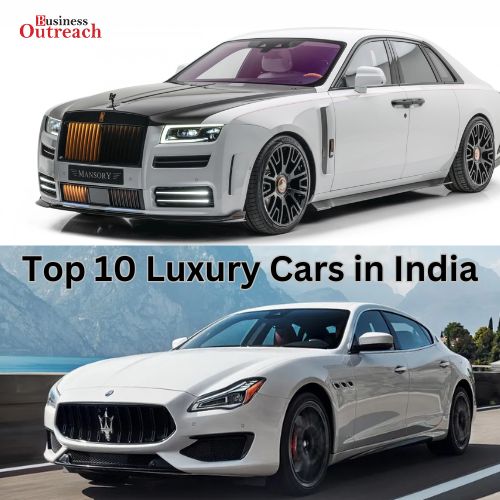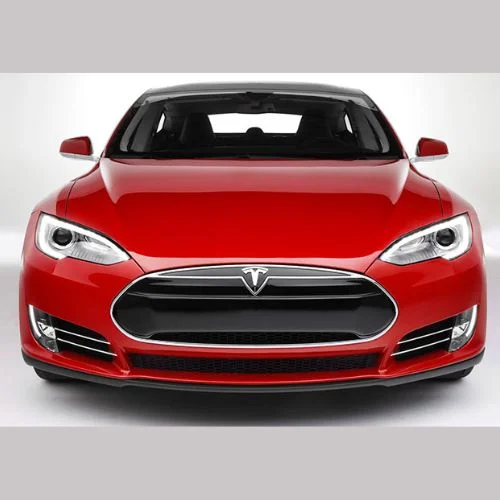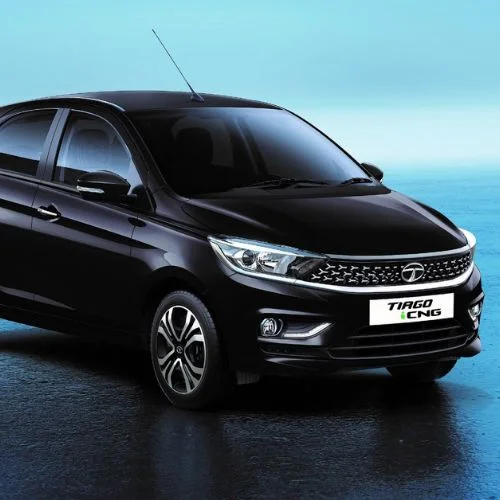Tesla has announced its 2022 second-quarter vehicle manufacturing and delivery figures. In the second quarter of last year, Elon Musk’s electric car company shipped 201,250 cars. Parts shortages, supply chain snarls, and Covid restrictions hindered Tesla during the time period ending June 30, 2022, forcing the China’s Shanghai factory to stop or operate just partially for weeks.
Tesla has released its 2022 second-quarter vehicle manufacturing and delivery figures. These are the crucial figures:
• 254,695 deliveries overall in Q2 2022
• Q2 2022 total production: 258,580
The closest indicator of sales reported by Tesla is delivery numbers, which came up barely short of analysts’ projections.
Analysts were anticipating 256,520 vehicle deliveries for the quarter, which was characterised by Covid restrictions, supply chain bottlenecks, and shortages of semiconductor chips and other parts.
Tesla delivered 201,250 vehicles in the second quarter of last year, marking the first time the company had shipped more than 200,000 units in a three-month span. Tesla shipped 310,048 automobiles during the first quarter of 2022.
For Elon Musk’s electric vehicle company, today’s delivery figures indicated sales growth of 26.5 percent year over year and a fall of 17.9 percent sequentially. Long-term growth targets for the corporation have been soft-guided to be about 50%, depending on manufacturing capacity and other factors.
Tesla stated, “We want to boost our manufacturing capacity as soon as feasible,” in its first-quarter shareholder deck. We anticipate a 50 percent average yearly growth in car deliveries over a multi-year horizon.
Due to covid-related public health regulations in China this quarter, Tesla was forced to shut down or only permit partial operations at its Shanghai production for weeks. (FactSet pointed out that if an analyst’s predictions didn’t account for the Shanghai plant stoppage, they weren’t included in the StreetAccount consensus.) During the quarter, Tesla and the larger auto sector were also hampered by other supply chain snarls that were made worse by Russia’s ruthless invasion of Ukraine.
In addition to its factories in Fremont, California, and Shanghai, Tesla is also struggling with the high expenses associated with constructing and launching production at new facilities in Austin, Texas, and close to Berlin. Elon Musk, CEO of Tesla, has openly complained that the new plants are costing the company billions even though they haven’t yet been able to produce enough cars and batteries to cover their expenses. Tesla’s market share of the domestic and worldwide EV industry is anticipated to decline but still be sizable as startups and established manufacturers introduce more brand-new electric vehicles.















